University of South Florida
School of Architecture & Community Design
The SACD and Design Culture: The SACD is a studio intensive program with emphases on design process, the craft of making, urbanism, tectonics, digital fabrication and the cultural influences on architectural space and built form. The design studio is the heart of the school and the place where various technical, theoretical and material coursework is tested in a critical, collegial and hands-on environment. One might best summarize the character of the SACD by citing our interest in 'craft and context'. A visit to our design studios reveals a deep interest, even obsession, with craft and, by extension, the crafting of place and the construction of context. Student work via tumblr: http://usfsacd.tumblr.com.
http://arch.usf.edu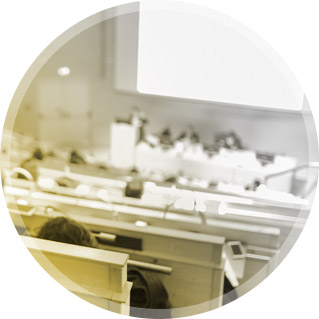
Setting
Founded in 1986 as a graduate program, the USF School of Architecture & Community Design (SACD) was the first state school of architecture in Florida to be located in a major metropolitan center. Metro Tampa Bay, a significant post-war urban territory with some 3 million residents in a five county area, serves as an architectural / urban design laboratory. The school maintains close ties to the Tampa Bay AIA (American Institute of Architects) and numerous architectural offices throughout the state. Our graduates practice throughout Florida and across the US as well as abroad. As part of the USF College of the Arts, our colleagues are the Schools of Art and Art History, Music, Dance and Theater in addition to the Contemporary Art Museum and Graphicstudio, a world renowned professional print atelier. The USF School of Architecture & Community Design (SACD) curriculum prepares its graduates for a full range of professional activities. The Master of Architecture (M.Arch.) is fully accredited by the National Architectural Accrediting Board (NAAB) and is a professional degree required for licensure.
School Philosophy
The SACD and Material Culture In "The Craftsman," author Richard Sennett speaks of material culture and offers a reading of the value of skilled work where "the desire to do a job well done for its own sake" encourages individuals to "learn about themselves through the things they make." The concerns of material culture are the concerns of craft and context. That is, the value imbued in the making of an object or set of related things. Material culture binds the corporeal -- the physicality of materiality -- with intellectual production and situates the resulting work in a vernacular, place-based logic. In the SACD we explore the intrinsic connection between the eye, the mind and the hand. We seek to make as a means of inquisition. It is quite possible one might not entirely understand a project until it is complete. Indeed, to fully know the project prior to completion is to deny the opportunity for speculation and discovery. We view making as an intellectual act, a form of thinking.
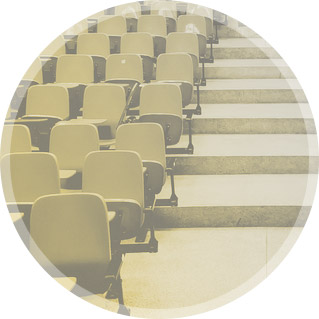
Programs
THE ARCHITECTURE PROGRAM The SACD offers a 2+4 program. A two-year undergraduate architecture program, coupled with general education coursework, is followed by a rigorous four-year comprehensive architecture education. There are several routes into and through the SACD architecture curriculum. Access to the four-year graduate program is competitive with only 45 students selected annually. Curricular Structure In the graduate core design curriculum students complete a series of projects intended to instill a spatial sensibility and develop a rigorous language of representation. Projects study archetypes such as corner, door, and wall. The architectural program mediates between the qualitative and the quantitative, permitting the poetics of utility to inform spatial/material decisions. The core sequence culminates with projects linked to various constructed landscapes, both real and imagined. The advanced studio sequence explores varied building types, contextual conditions and programmatic concerns. The idea of institution and the definition of public space remain constant subjects of study. Tectonic investigations permeate studio and support courses. Materiality and assembly become manifest through the ambitious and popular design/build workshops. Urban design projects address eco-urbanism, community, and the public realm through continually shifting contextual conditions. Additional coursework in theory, special architectural topics, workshops in making and materiality, seminars in digital fabrication and interdisciplinary work within the College of the Arts, is complimented by urban design coursework and research / community engagement projects. Travel Each semester the design studios embark on field trip to regional, national and international locations to experience significant architectural works first hand. Recent domestic trips include Savannah, Charleston, New York, Chicago, Houston, Dallas/Ft. Worth, San Francisco, San Diego, Portland, Seattle and Denver, among others. International destinations have included Great Britain, Thailand, Cyprus, Ecuador and Japan. Summer study abroad studios include travel to an international location for 4-6 weeks followed by a Tampa based studio in the second half of the summer. Recent study abroad programs have included trips to the Netherlands, Slovenia, Japan, India, China, Spain, Portugal and Italy.
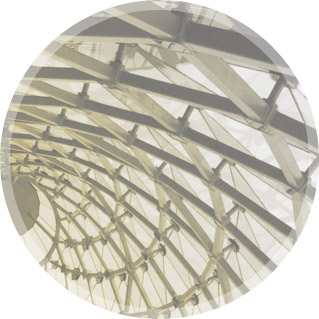
of Focus
1. Community Design
2. Cross-Cultural Contexts > Human Experiences
3. Design/Build
4. Digital Design & Visualization
5. Digital Fabrication & Technology
6. Urbanism
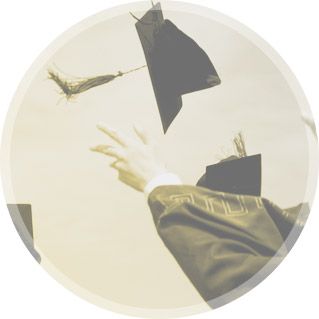
Opportunities
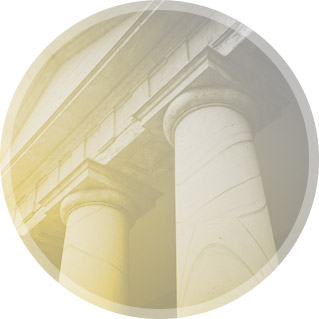
Facilities
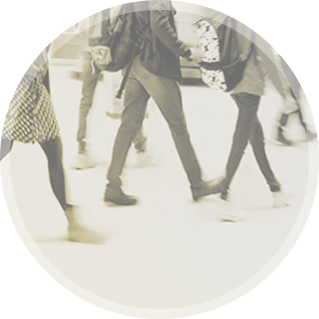
Policies
Transfer Policies
Transfer
Admission to USF is more competitive than ever, but the process of applying is not difficult. Unless otherwise noted, our transfer requirements and deadlines are consistent across USF Tampa, USF St. Petersburg and USF Sarasota-Manatee, as all three campuses are part of the same USF System.
Learn more: (https://www.usf.edu/arts/architecture/apply/index.aspx)

